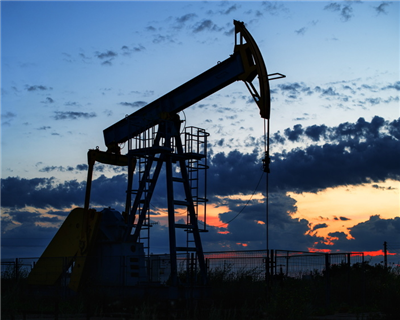
Despite the discovery of oil in the 1990s, Chad failed to curb poverty and to diversify its economy, ditching its growth rate in recent years.
The country had grown by an average 9% between 2001 and 2014. But since 2015, growth contracted and so did Chad’s GDP per capita, sapping oil resource gains.
The resource curse is at the heart of Chad’s problems, wherein heavy reliance on raw resource extraction and exports led to more corruption and less diversification of the economy.
Chad has a production capacity of some 100,000 barrels per a day with reserves estimated at 1 billion barrels. It exports oil through a pipeline to a Cameroonian port.
Oil has earned Chad some $10 billion over the last decade, as the country’s economy shifts from reliance on farming to hydrocarbons.
In 2011 alone, the Government of Chad received $2.1 billion from oil revenues, constituting about 80 percent of government revenue that year.
A World Bank study found that oil wealth failed to curb poverty in the country, due to corruption and civil conflict.
The environmental damage to lake Chad from increased exploitation is stark, due to chemicals leashed in waterways.
Economic experts recommend that oil wealth be used as leverage to diversify the economy and wean it from the volatility of the international market. This requires a crackdown on corruption and better governance which most conflict-stricken African countries need to work on.
